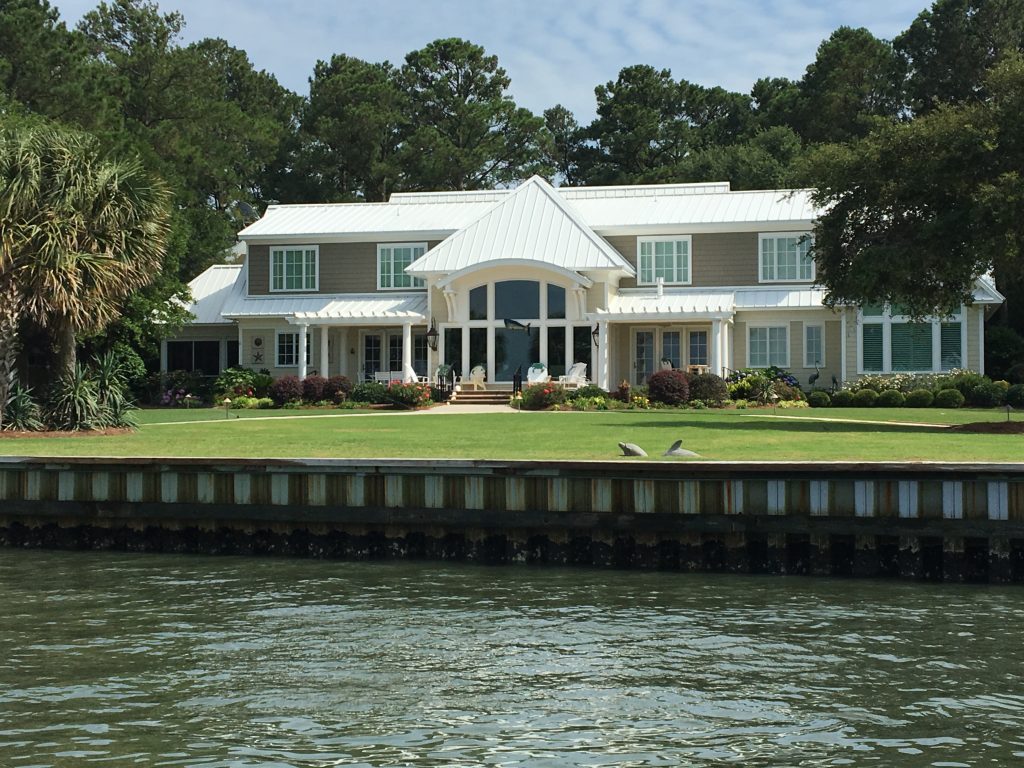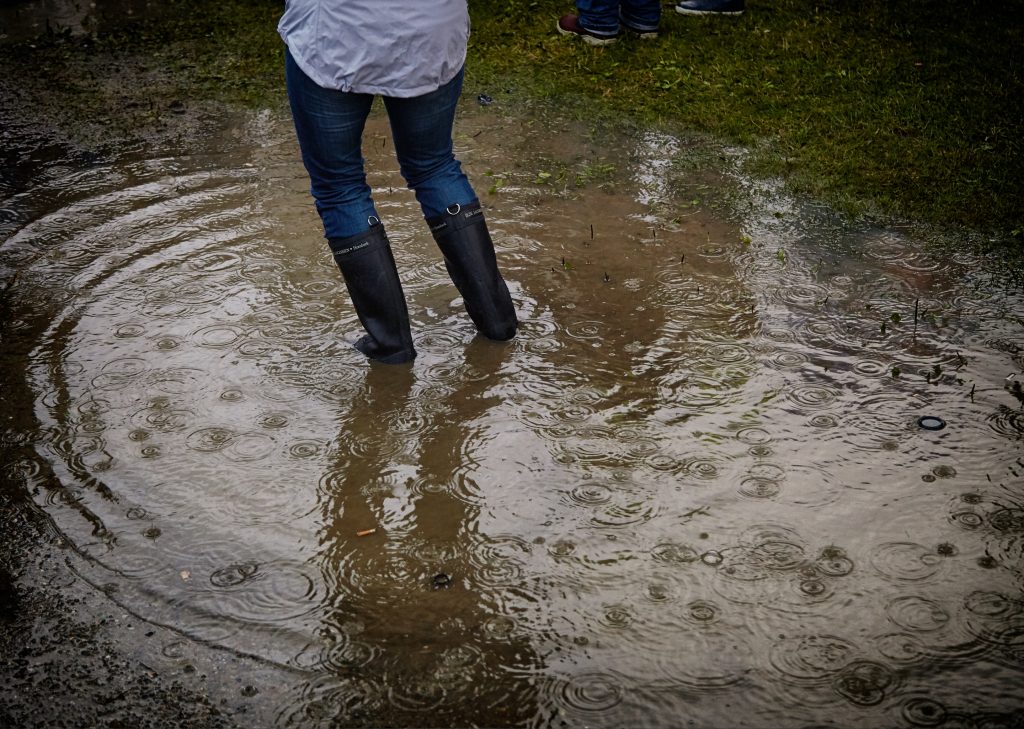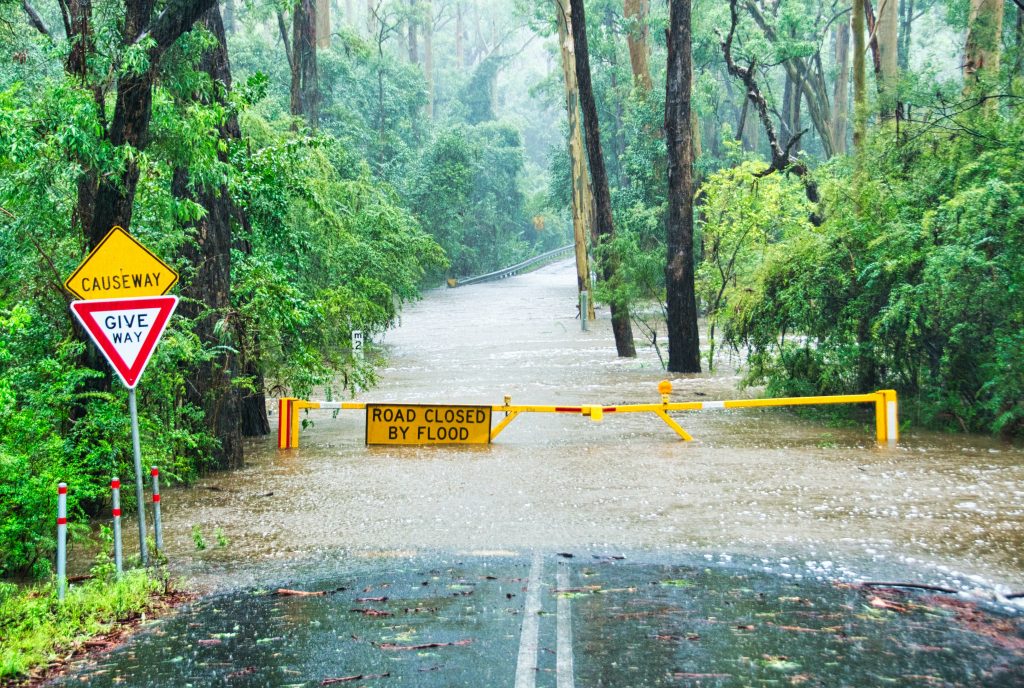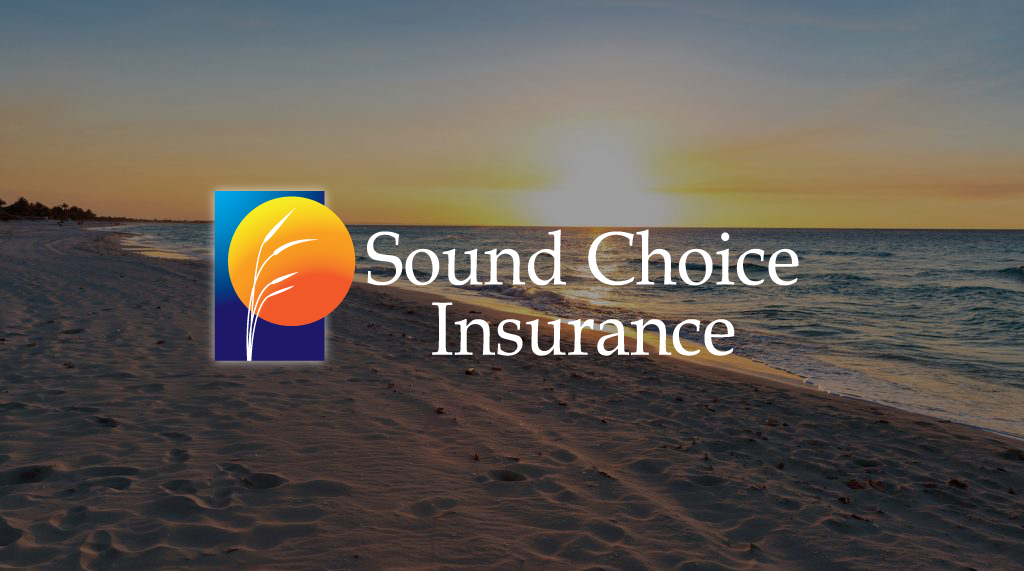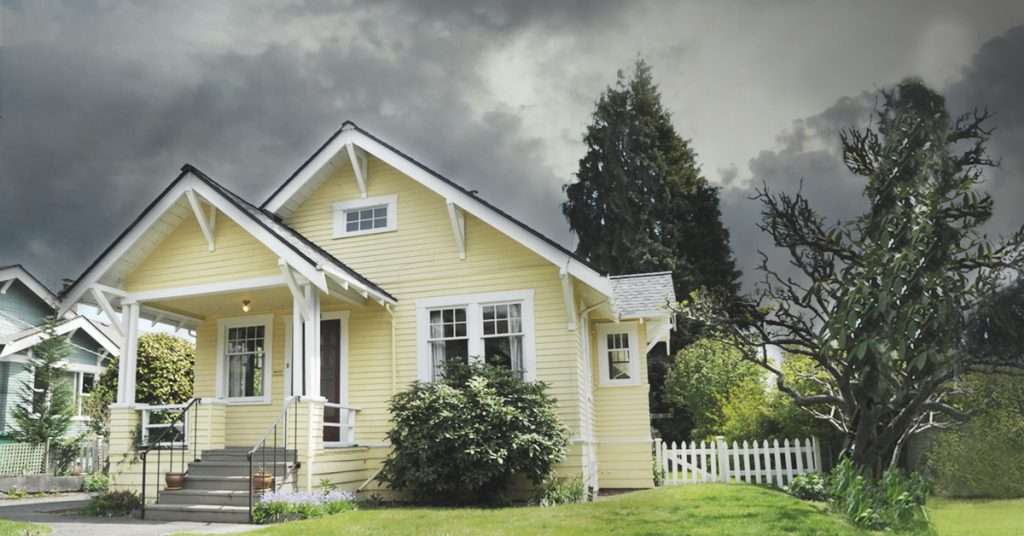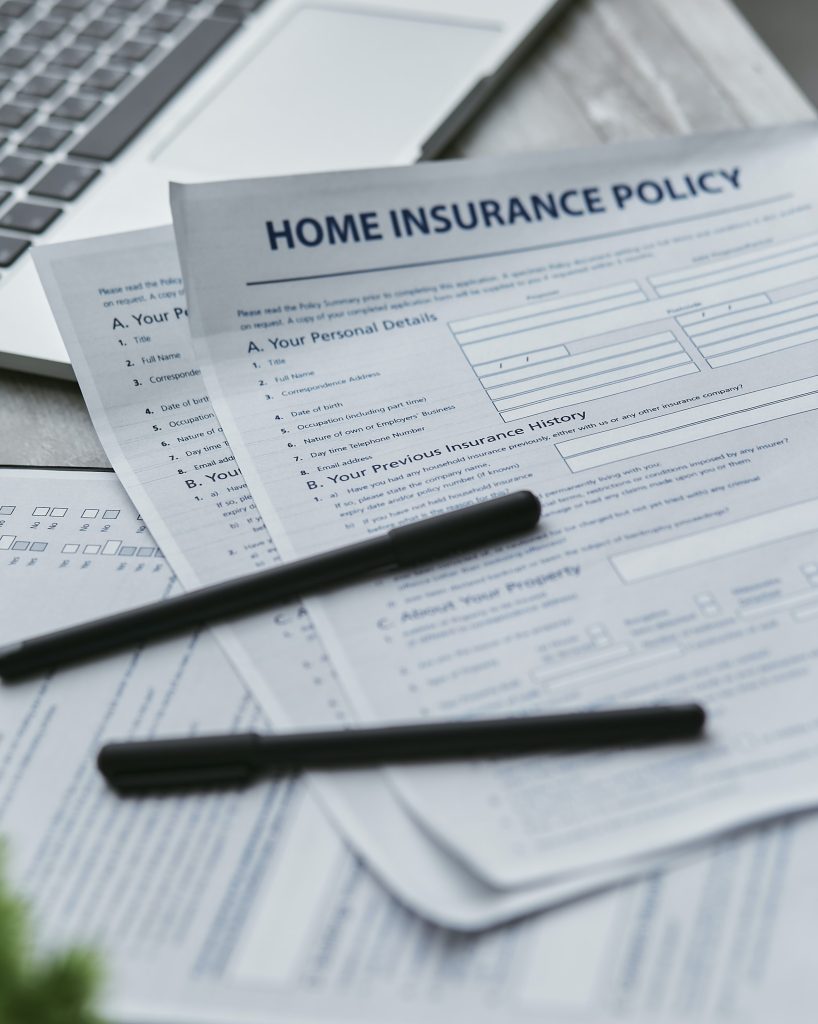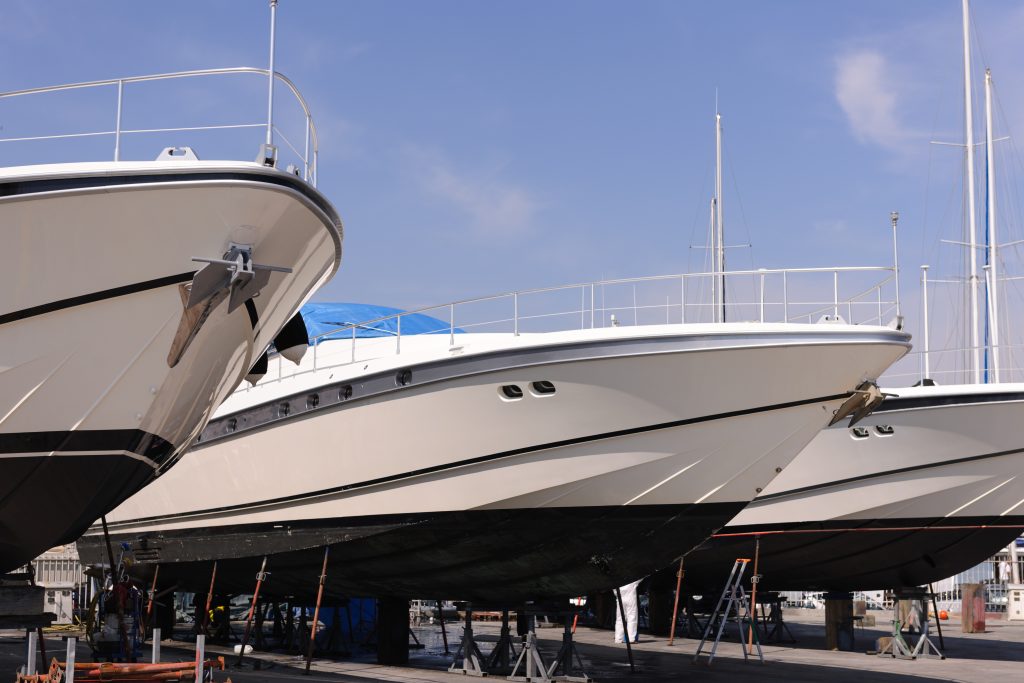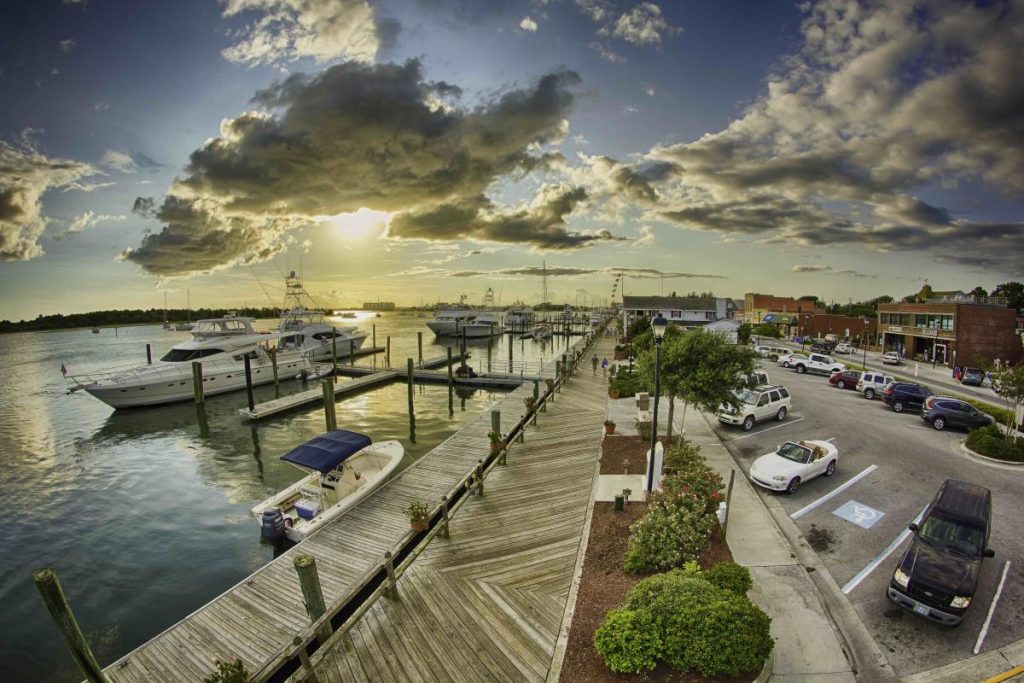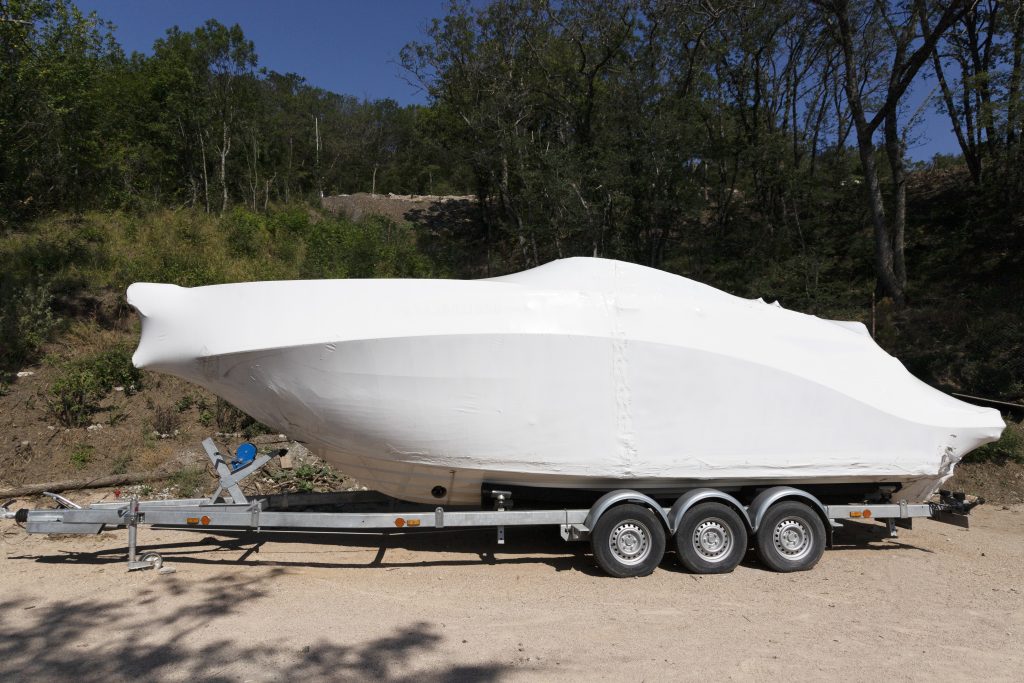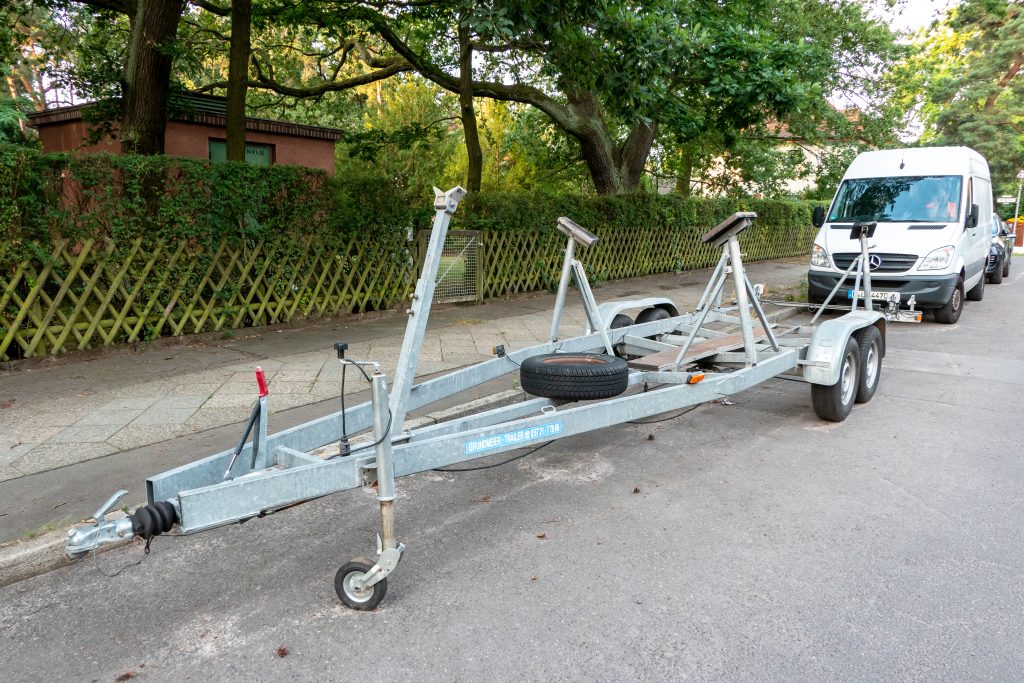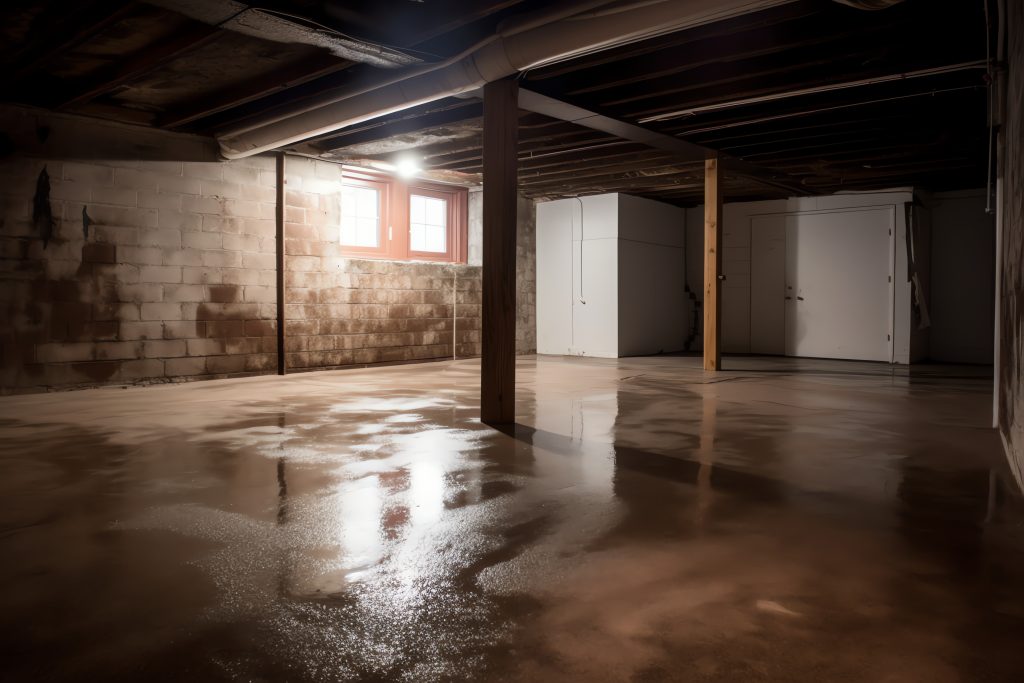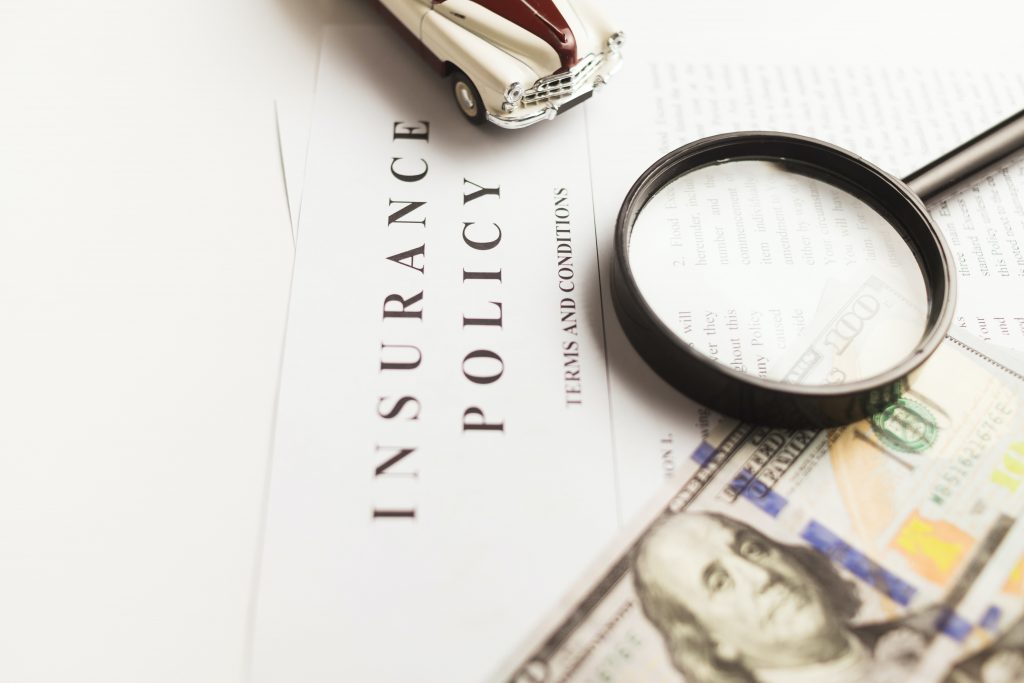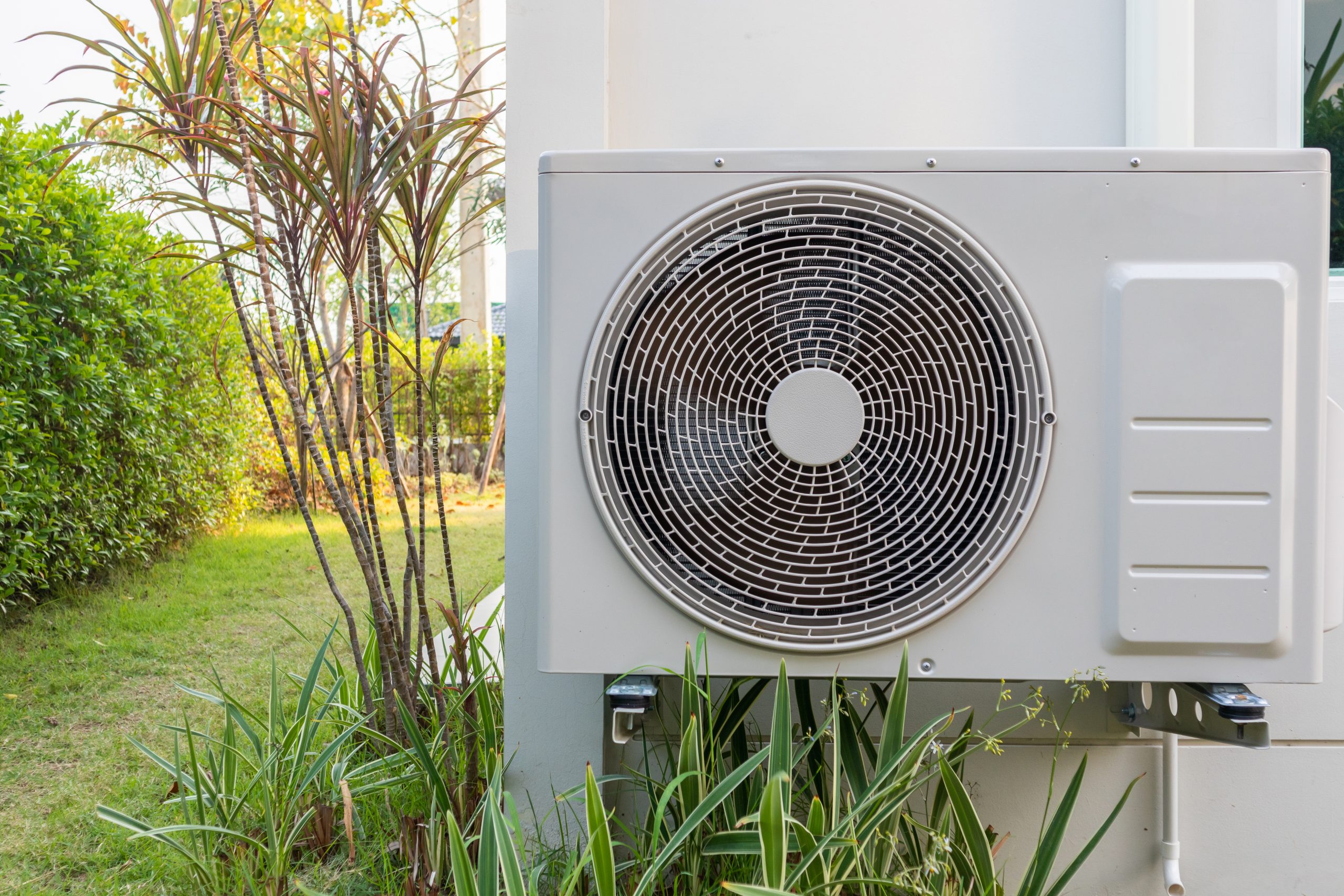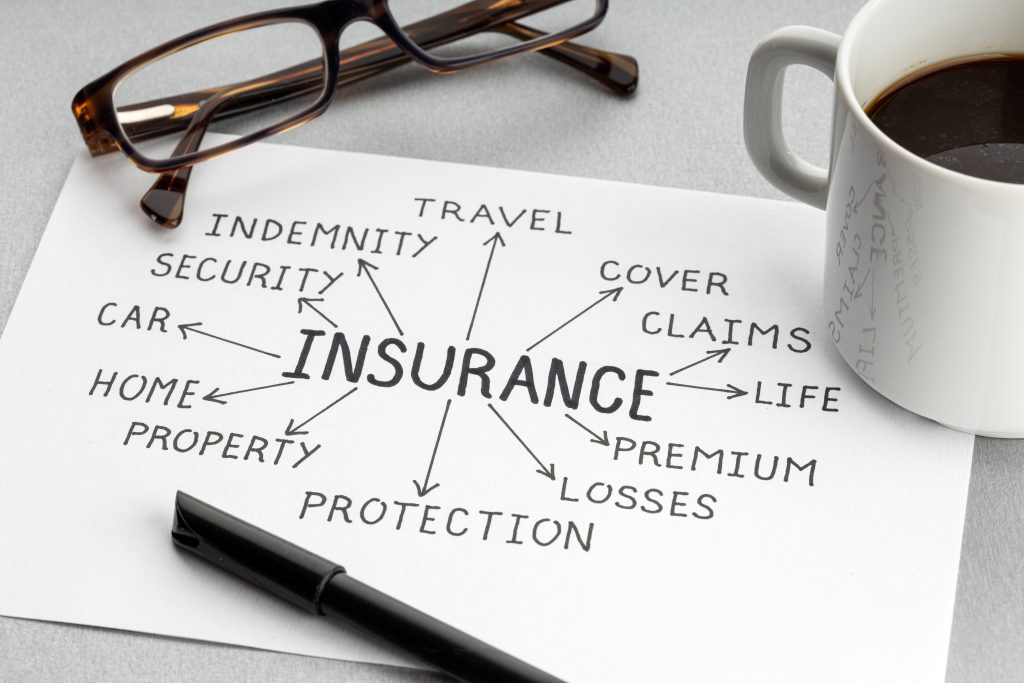
Insurance can feel complicated. With so many different policies, terms, and options, it’s normal to have questions. To help you feel more confident, we’ve gathered some of the most common questions that our agents in North Carolina receive every day. Whether you’re a homeowner, a driver, a renter, or a business owner, this guide will provide clear answers to help you understand your coverage.
Most Frequently Asked Questions and Answers
1. What does homeowners insurance cover, and what discounts can I get?
Your home is likely your biggest asset, so protecting it is a top priority. A standard homeowners insurance policy is designed to do just that, but many people wonder what it actually includes.
A typical policy provides several key areas of protection:
- Dwelling Coverage: This helps repair or rebuild your house if it’s damaged by a covered event like a fire, storm, or vandalism.
- Other Structures: This covers structures not attached to your main house, such as a detached garage, shed, or fence.
- Personal Property: Your belongings, like furniture, clothes, and electronics, are covered against theft or damage.
- Loss of Use: If your home becomes uninhabitable due to a covered event, this helps pay for temporary living expenses like a hotel or rental.
- Liability Protection: This covers you financially if a visitor is injured on your property and you are found legally responsible. It also covers you if you or your family members accidentally cause damage to someone else’s property.
Many homeowners can lower their premiums by qualifying for discounts. Common credits include having multiple policies (like home and auto), installing fire or burglar alarms, having a newer roof, or being a mature homeowner over the age of 55.
For a deeper look into your options, check out our homeowners insurance page.
2. What are the essential auto insurance coverages?
Auto insurance is a legal requirement in North Carolina, but a basic policy offers much more than just compliance. It provides critical financial protection for you and others on the road.
The most important auto insurance coverages include:
- Bodily Injury Liability: This pays for the medical expenses of others if you cause an accident.
- Property Damage Liability: This covers the cost of repairing or replacing another person’s vehicle or property that you damaged in an accident.
- Collision Coverage: This pays for repairs to your own car after an accident, regardless of who is at fault.
- Comprehensive Coverage: This handles damage to your car from non-collision events, such as theft, vandalism, falling objects, or hitting an animal.
- Uninsured/Underinsured Motorist Coverage: This protects you if you’re in an accident with a driver who has no insurance or not enough to cover your expenses.
Rates are determined by several factors, including your age, driving record, credit history, the type of car you drive, and even your location.
To find a policy that fits your needs, learn more on our auto insurance page.
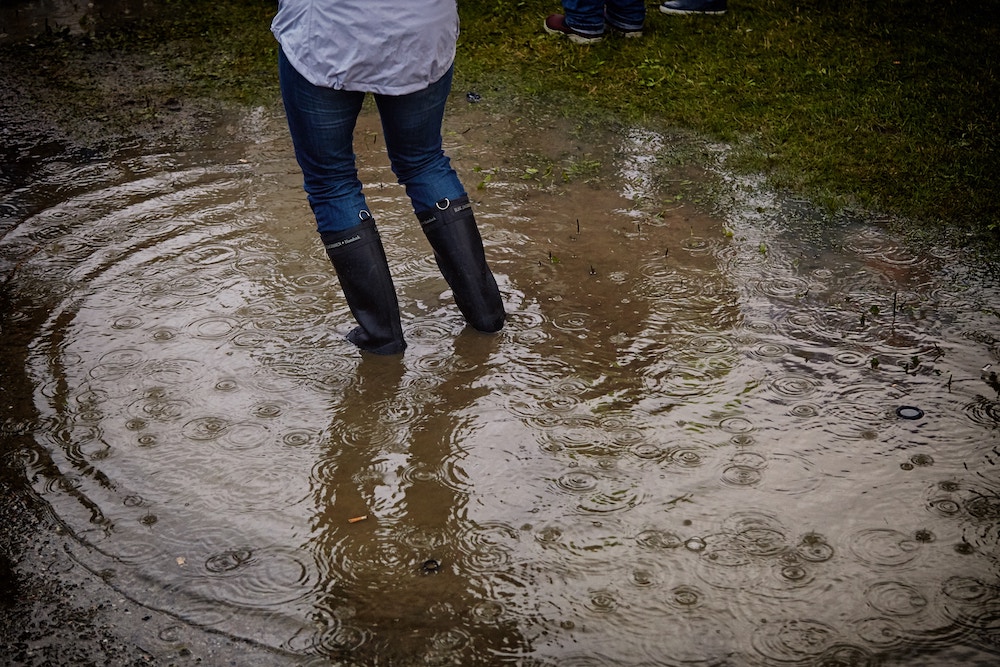
3. Why is flood insurance important, even outside of high-risk zones?
A common misconception is that you only need flood insurance if you live in a designated high-risk flood zone. However, flooding can happen anywhere, and standard homeowners insurance does not cover damage from floods.
Even a few inches of water can cause tens of thousands of dollars in damage to your home’s structure, foundation, and personal belongings. Flash floods, overflowing rivers, and heavy, sustained rainfall can affect areas that have never flooded before. In fact, a significant number of flood claims come from properties outside of high-risk areas.
Because the financial impact of a flood can be catastrophic, securing a separate flood insurance policy is a wise decision for any homeowner in North Carolina. It ensures you won’t have to pay for costly repairs out of pocket.
Discover more about protecting your home on our flood insurance page.
4. What does renters insurance protect?
If you rent your home or apartment, your landlord’s insurance policy only covers the building itself—not your personal belongings. That’s where renters insurance comes in. It’s an affordable way to protect your property and yourself.
Renters insurance typically covers:
- Personal Property: It reimburses you for the loss of your clothes, furniture, electronics, and other items due to theft, fire, or other covered disasters.
- Liability Coverage: It protects you if someone is injured in your rental unit and you are held responsible. It can also cover accidental damage you cause to other people’s property.
- Additional Living Expenses: If your rental becomes unlivable after a covered event, this helps pay for temporary housing and other living costs.
Considering the value of your possessions and the potential cost of a lawsuit, renters insurance provides significant peace of mind for a small monthly premium.
Learn more by visiting our renters insurance page.
5. What types of insurance are available for small businesses?
Business owners face unique risks, from property damage to customer lawsuits. The right insurance can protect your company from financial loss and help ensure its long-term success.
There are several types of commercial insurance to consider, depending on your industry and specific needs. Some common coverages include:
- Business Owners Policy (BOP): This bundles general liability and property insurance into a single, affordable policy for small to medium-sized businesses.
- General Liability Insurance: This protects your business against claims of bodily injury, property damage, and advertising injury.
- Commercial Property Insurance: This covers your building, equipment, inventory, and other physical assets from damage or loss.
- Workers’ Compensation: This provides benefits to employees who get injured or sick on the job. It is required by law in North Carolina for businesses with three or more employees.
- Cyber Liability Insurance: This protects your business from data breaches and other cyber threats.
Whether you run a retail store, a restaurant, or a contracting service, there is a policy designed to protect your livelihood.
Explore your options on our business insurance page.

Get the Right Answers for Your Needs
Having the right insurance is about being prepared for the unexpected. If you have more questions or want to discuss your specific situation, our team at Sound Choice Insurance is here to help. Contact us today for a complimentary quote and expert guidance.




